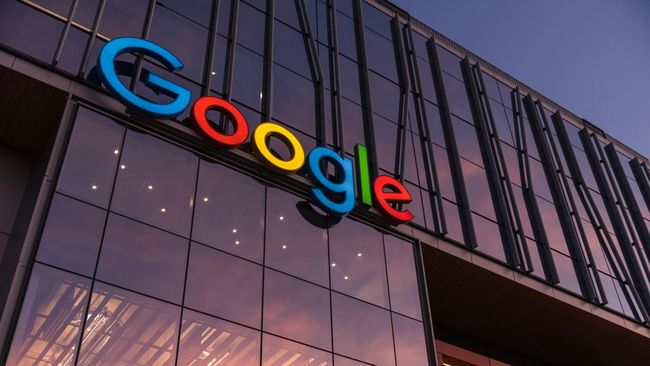lipflip – Last month, a Pew Research report raised concerns about AI Overviews’ impact on web traffic, suggesting a negative effect on publishers. However, Google Search VP Liz Reid offered a contrasting view in a recent blog post. She stated that traffic from Google Search to websites remains “relatively stable” year-over-year. Reid also claimed that the quality of clicks—measured by user engagement and reduced bounce rates—has improved.
Read More : OpenAI Grants Government ChatGPT Access for Just $1
Google attributes this positive trend to the changes AI brings to search behavior. According to Reid, AI Overviews encourage users to ask longer, more complex questions, increasing overall search volume. She explained that these overviews display more links on the search page, giving websites additional chances to gain clicks.
Reid emphasized that user trends have shifted, benefiting certain types of content. Forums, videos, podcasts, and posts with authentic voices and first-hand perspectives are reportedly thriving. Content offering in-depth reviews, original analysis, and unique viewpoints tends to perform well. Conversely, simpler questions that require quick answers may lead users to rely on AI responses without clicking further. Examples include queries like “when is the next full moon?” where AI summaries often suffice. Despite these claims, Google did not provide specific data or figures to support its statements. This leaves some questions unanswered about the full impact of AI Overviews on site traffic across the web.
Contrasting Views: Pew Report and Industry Concerns
The Pew Research Center study offers a different perspective. It found that users who saw AI summaries clicked traditional search results in only 8% of visits. For users without AI summaries, this figure was nearly double at 15%. Moreover, only 1% of searches with AI Overviews led users to click on source links within the summaries. This suggests a decline in direct traffic referrals from Google Search to publisher websites.
The study also noted that users tend to end their browsing after viewing AI summaries, reducing further exploration. This observation echoes concerns raised by Cloudflare CEO Matthew Prince, who highlighted the steady drop in search referral traffic to publishers. Prince explained that Google’s traffic referral rate has declined dramatically over the past decade. Whereas publishers once received one visitor for every two pages Google crawled, this rate fell to one visitor for every 18 pages earlier this year.
Read More : France Struggles to Contain Historic Wildfire Crisis
These trends indicate a challenging environment for content creators relying on search traffic. While Google promotes the benefits of AI-driven search experiences, critics worry about the long-term effects on web publishers and the diversity of online content.
As AI continues to shape search, the balance between providing instant answers and driving user engagement with original content remains uncertain. The evolving landscape calls for careful monitoring and adaptation by publishers and platforms alike.
